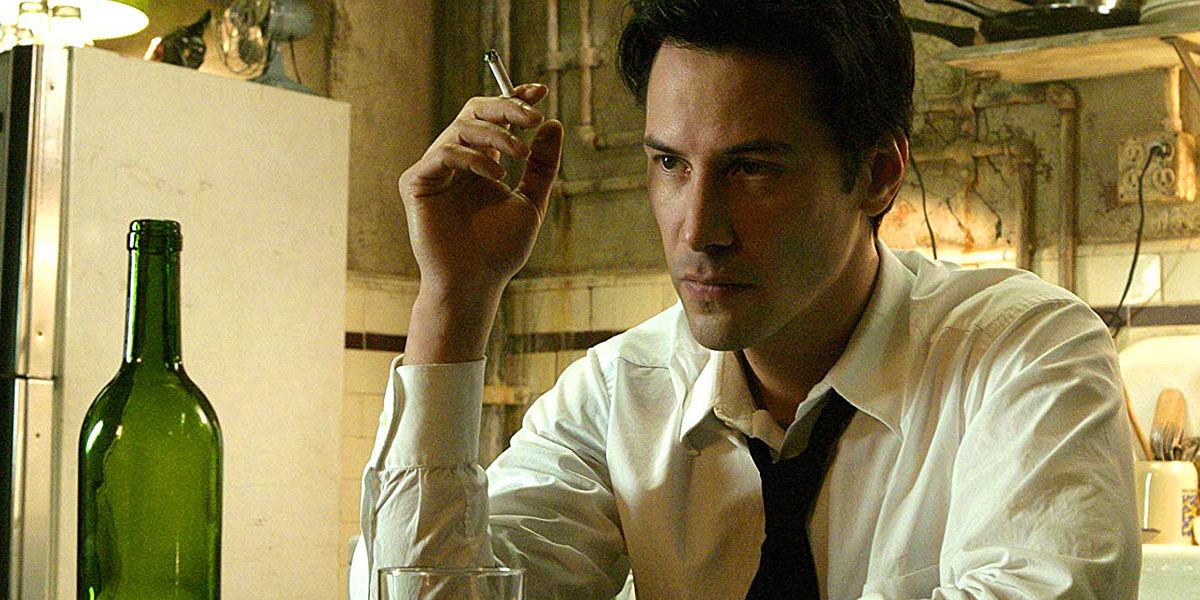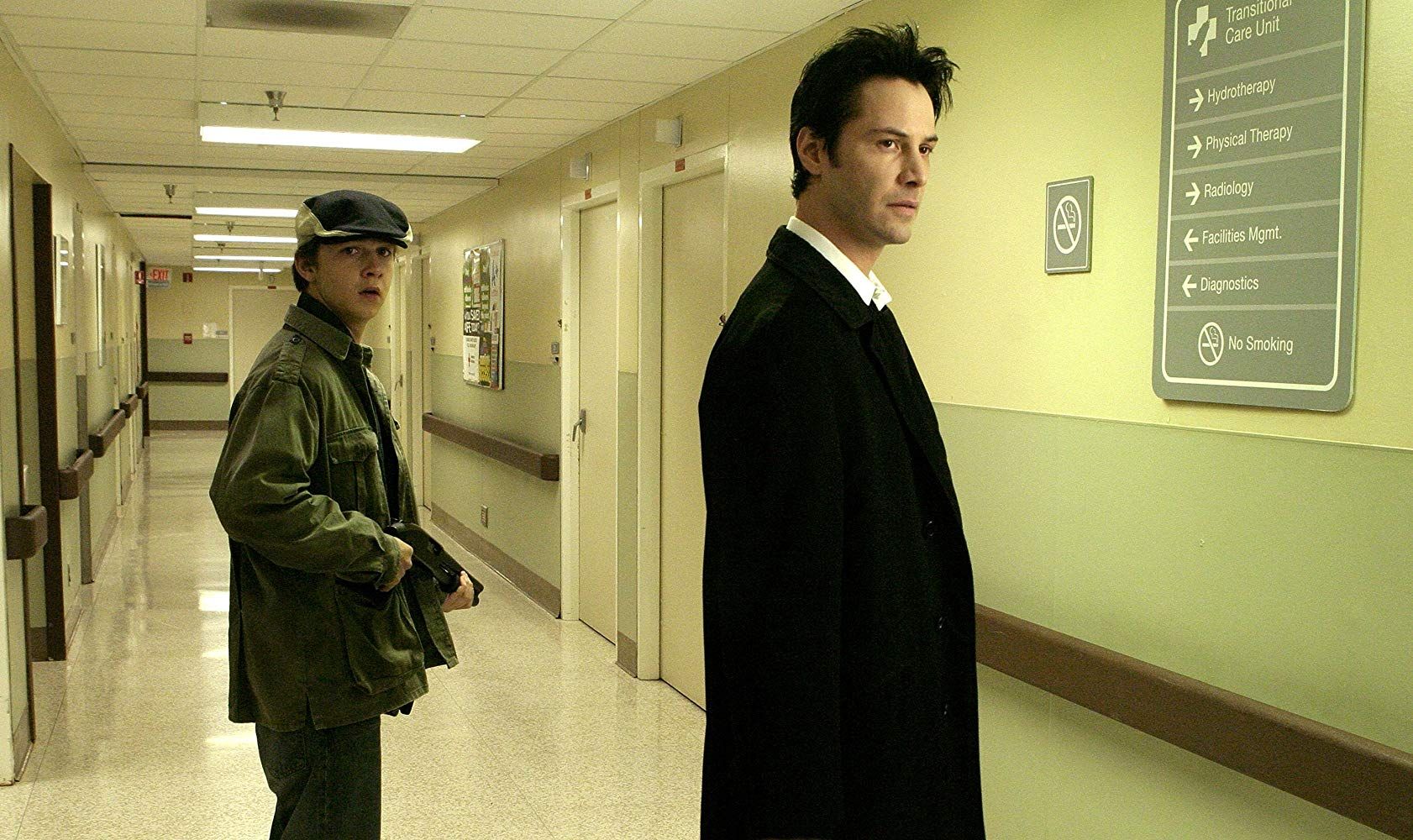Released in 2005, Keanu Reeves' Constantine didn't do too well with critics, who found it lackluster for the horror genre, nor with fans of the comic Hellblazer, who thought that it differed too much from the source material. However, it wasn’t a complete bomb; it managed to make $230 million, which is not the worst for a movie with a $100 million budget and a niche (at least for 2005) story.
John Constantine, the titular character, is an exorcist condemned to go to Hell when he dies. His ability to perceive and interact with the supernatural, what Archangel Gabriel (Tilda Swinton) calls “God’s gift,” was what caused him to commit suicide when he was a teenager. Since he came back, he has been trying to barter his way out of Hell by sending demons back to the fiery pits. However, a terminal cancer diagnosis puts a ticking timer in his plans.
More and more clocks appear in the background as Constantine steps closer to his death, a visual that repeats throughout the film. This is not the only time that the movie uses classic motifs to tell us what is really going on. Archangel Gabriel’s first appearance is in a temple-like library filled with valuable books, surrounded by columns decorated with vegetable scrollwork and in front of a massive, roaring fireplace that could consume everything in the room. Rain drenches Constantine like a biblical deluge. Water, both a blessing from God and a deadly weapon, features heavily throughout the movie.
One reviewer argued that Constantine is a noir detective film with God as the femme fatale that ruins everyone's lives and souls, and John Constantine as the hard-boiled private eye who suffers the most. Within this frame, Keanu Reeves' Constantine was pitch-perfect: reserved, calculating, dryly cynical, desolated and struggling to retain his humanity and his soul. Constantine's God is exquisitely cruel, and His absence is such a seeping wound for every single character in the movie that Lucifer (Peter Stormare) comes across as the reasonable one.
Not everything was perfect. The movie tried to tackle a few heavy topics like the (literal) demonization of immigrants. It tried to draw parallels between the Nazi flag at the beginning of the movie and Gabriel's very "final solution" plan. It kind of touched on police violence, systemic and religious gender issues... but these themes kind of sizzle away mid-argument, leaving viewers scratching their heads (especially about the Nazi flag, which has zero relevance in the plot).
John Constantine actually had a lot in common with John Wick, a role responsible for Reeves’ recent renaissance. Wick is another tightrope character balancing between extreme violence and deep humanity. It is possible that fans that first saw Keanu Reeves as John Wick explored his filmography and rediscovered Constantine.
Keanu Reeves was also surrounded by a stunning cast: Rachel Weisz, who played two roles as suicidal Isabel and devoted deuteragonist Angela; Tilda Swinton, in one of the best and briefest performances of her career as the gently psychotic archangel Gabriel; a young Shia LaBoeuf as Chas, Constantine’s eager apprentice and driver; Djimon Hounsou as the sinister Midnite; and a spectacular Peter Stormare as one of the best Lucifers to ever appear on the screen.
Fourteen years later, people seem to talk about Constantine a lot more fondly. There are many reasons for this, but probably the biggest one is that, in 2019, movies inspired by comic books are no longer considered a rarity, but a blockbuster. Constantine was composed as carefully and precisely as a comic book panel, and every object in the background and every publicity sign in the street was adding something to the plot. The CGI even holds up today.
Its influence on other media is undeniable. There’s a straight line between Constantine and Netflix’ Daredevil and Jessica Jones, as well as other shows like Good Omens, Sabrina, Lucifer and let’s not forget the actual Hellblazer TV series, Constantine.
It also has a surprisingly hopeful post-credit scene, so make sure to stick around after the end.


